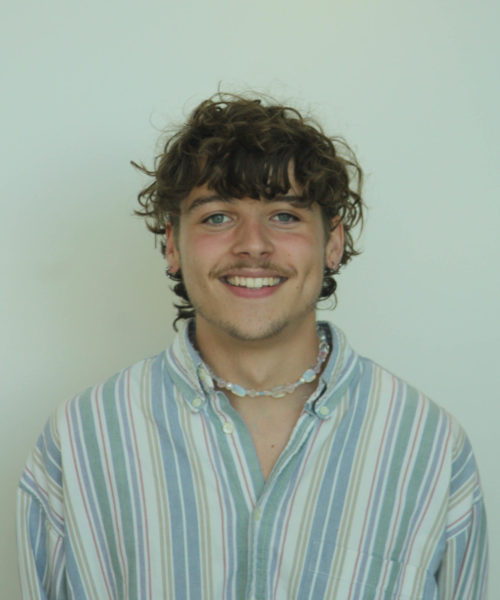In the spring 2021 semester, Weber State University offered the HAS 3980, “Immunology of COVID-19” course. In this class, students learn and interpret the hard facts of pandemics, viruses and our immune systems.
There are three professors who instruct the class: Jim Hutchins, health sciences and neuroscience professor; Matthew Nicholaou, Department of Medical Laboratory Sciences professor; and Daniel Clark, Department of Microbiology professor.
Hutchins explained that as staff was planning spring courses, they figured they had a problem: the lack of knowledge of immunology among students and the general public is not helping the world’s current situation.
“I felt it was important to educate future healthcare workers to be able to be experts on this pandemic, and more to come, and to help others become educated as well,” Hutchins said. “This is to help them become advocates for a good public policy.”
Nicholaou also wanted to teach a more general audience about immunology. He said he wanted students to be able to understand those deep terms that come with this complex subject.
According to Nicholaou, some weeks the curriculum is very technical, and other times, students have discussions such as, “Should this person be required for an immunization?” He also clarifies that the course is constantly refining itself with the new information popping up weekly, and that they are getting better at understanding the virus and pandemic in general.
An example of a topic discussed is that just because the younger generations aren’t dying from the virus, unless they have underlying health issues, does not mean they aren’t now susceptible to becoming long-haulers.
Long-haulers are people who have contracted the COVID-19 virus and have long-term symptoms. They could recover and feel better for weeks at a time, only to relapse and feel sick again with old or new symptoms.
“As a scientist, it bothered me seeing students and teenagers conjugating in bigger groups and not following CDC guidelines because of the danger they attract for themselves and others,” Hutchins said.
This, combined with their want for more people to become interested in immunology, is what fueled their motivation. The three professors wanted to attract people from different backgrounds, so Clark came up with the idea to design a divided course.
“Ground-track” students have no background in immunology and “sky-track” students have some background in immunology. There are quizzes over the weeks, no exams and everything is based on current events and creates a structure where they can be responsive to new things that keep popping up.
They plan to bring the course back again for the fall 2021 semester. It is currently completely virtual and available for all education levels.




















